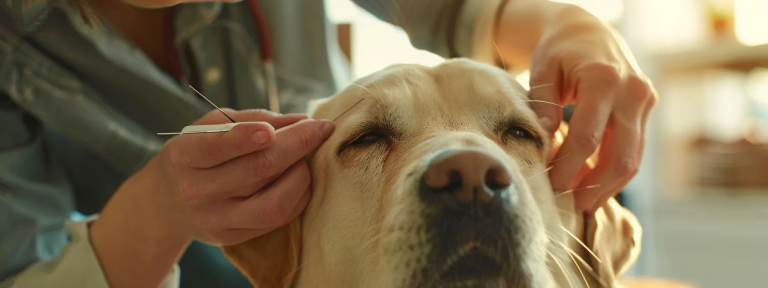Why Regular Check-ups with Your Veterinarian Are Important for Your Pet’s Health

Regular check-ups with a veterinarian are a cornerstone of responsible pet ownership, ensuring that pets lead healthy, happy lives.
These routine visits play a crucial role in preventing diseases, detecting health issues early, and maintaining overall wellness.
This article will provide a detailed analysis of why these check-ups are so vital, offering insights that go beyond standard discussions.
The Importance of Regular Veterinary Check-Ups
Preventive Care
Preventive care is perhaps the most significant benefit of regular veterinary visits.
By scheduling routine check-ups, veterinarians can monitor your pet’s health over time, identifying potential issues before they become serious problems.
This proactive approach can prevent diseases and conditions that could otherwise shorten your pet’s lifespan or diminish their quality of life.
Early Detection of Health Issues
One of the key reasons to maintain regular vet visits is the early detection of health issues.
Many illnesses and conditions, such as diabetes, arthritis, or dental disease, can develop gradually with minimal outward symptoms.
A veterinarian can identify subtle signs of these problems through physical exams, blood tests, and other diagnostic tools, allowing for early intervention and treatment.
Vaccinations and Preventative Treatments
During regular check-ups, your veterinarian will ensure that your pet’s vaccinations are up to date.
Additionally, they will provide preventative treatments for parasites like fleas, ticks, and heartworms, which can cause significant health issues if left untreated.
When a vet is conveniently located, you are more likely to schedule and keep regular appointments. This is particularly important if your pet is exhibiting unusual behavior that may indicate a health issue.
Prompt veterinary attention can address these concerns before they escalate, ensuring your pet remains healthy and happy.
Vet Near Me: Having access to the vet that’s close by your home makes it easier to take your dog there if they’re exhibiting unusual behavior which can affect their mood around your children.
Comprehensive Health Monitoring
Weight and Nutrition
Regular visits to the vet include monitoring your pet’s weight and nutrition. Obesity is a common issue in pets that can lead to various health problems, including diabetes, heart disease, and joint issues.
Your veterinarian can provide guidance on proper nutrition and diet to keep your pet at a healthy weight.
Dental Health
Many pet owners overlook the importance of regular dental care, which can lead to periodontal disease, tooth loss, and systemic infections.
Veterinarians perform dental exams during check-ups and may recommend cleanings or other treatments to maintain your pet’s oral health.
Behavioral Assessments
Changes in behavior can be an early indicator of health problems. Regular veterinary visits allow for the monitoring of your pet’s behavior and the identification of any issues that may need to be addressed.
Behavioral assessments can also help in managing common problems like anxiety or aggression.
Senior Pet Care
As pets age, their healthcare needs change. Regular check-ups become even more critical for senior pets, as they are more susceptible to diseases such as arthritis, kidney disease, and cancer.
Veterinarians can tailor their approach to the specific needs of older pets, providing targeted care and monitoring to ensure they age gracefully and comfortably.
Tailored Health Plans
Veterinarians can create customized health plans based on your pet’s age, breed, and medical history.
These plans are essential for addressing the unique health needs of your pet, including specific dietary requirements, exercise routines, and preventive care measures.
Regular check-ups ensure these plans are updated and adapted as your pet’s needs evolve.
Routine Care and Follow-Ups
Proximity to a vet also simplifies routine care and follow-up appointments. Regular check-ups, vaccinations, and treatments become more manageable, reducing the likelihood of missed appointments and ensuring continuous care for your pet.






